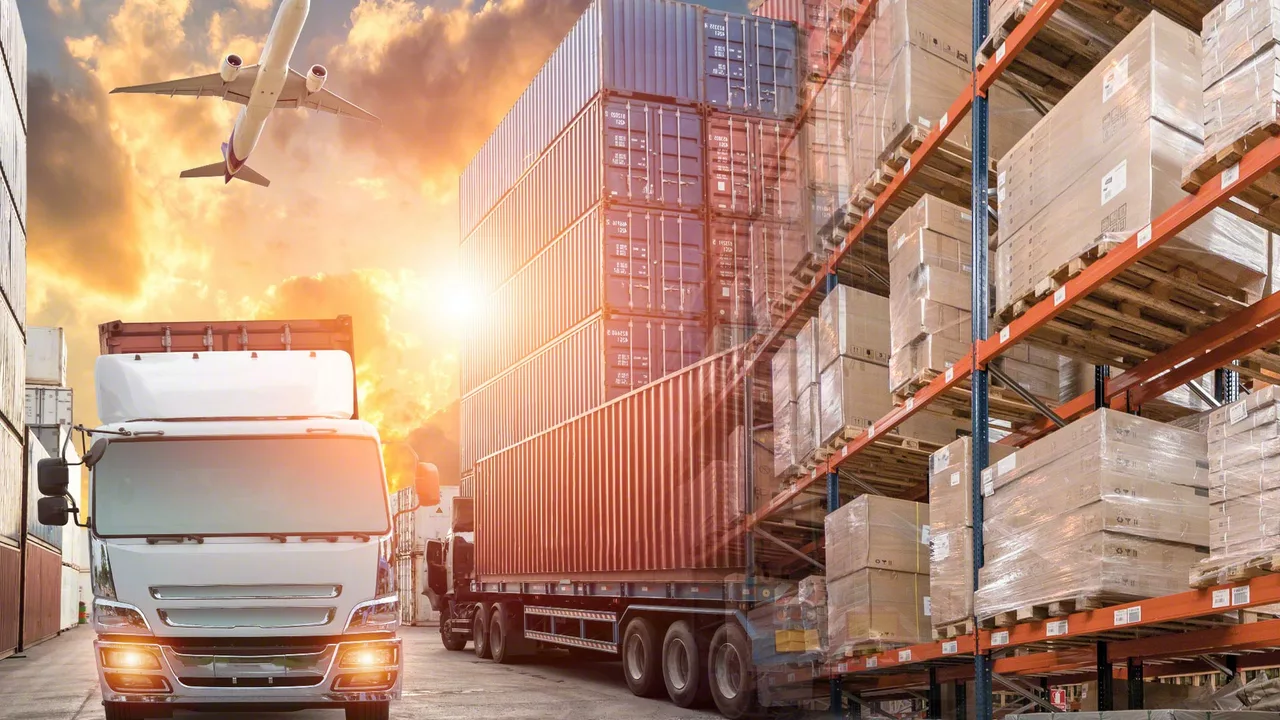In my recent exploration, I've found that storing and transporting chloroquine phosphate presents its unique set of challenges. This chemical is highly sensitive to light, heat, and moisture, making its storage needs very specific. Furthermore, it's considered a hazardous material, which complicates its transportation due to strict regulations. This can cause issues, especially in regions with less developed infrastructure. Hence, overcoming these challenges requires careful planning and adherence to safety protocols.
Drug logistics: practical tips for buying and shipping medicines safely
Drug logistics covers how medicines move from manufacturers to your hands. If you buy drugs online or work in healthcare, you need to know about storage, shipping, legality, and how to spot fakes. This page collects practical advice and links to reliable guides so you can avoid scams, delays, and unsafe handling.
Start by checking whether a pharmacy is licensed and reviews are real. Real pharmacies show contact details, a physical address, and a pharmacist you can call. Look for accreditation seals and compare prices across trusted sites. If something is way cheaper than normal, that’s a red flag.
Shipping and the cold chain
Some drugs need temperature control. Insulin, vaccines, and certain biologics lose potency if they get warm or freeze. Ask the seller about insulated packaging, cold packs, and express options. When possible, choose overnight shipping and track the package. If you open a delivery and the ice pack is melted or the box looks damaged, contact the pharmacy before using the medicine.
For standard pills, humidity and sunlight matter. Keep tablets in original blister packs or bottles. Store them in a cool, dry place away from bathrooms. When traveling, carry medicines in a hand bag, not checked luggage, and bring a copy of your prescription and the prescriber’s contact info.
Legality, prescriptions, and customs
Rules vary by country. Some medicines need a prescription, some are restricted, and others are banned from import. Check local laws before ordering. If a site offers prescription drugs without asking for a valid prescription, don’t trust it. Customs can seize packages that look suspicious or contain controlled substances. Use pharmacies that declare items correctly and provide necessary paperwork.
Insurance and savings programs matter too. Look for prescription savings clubs, coupons, or licensed Canadian and EU pharmacies if they lower cost legally. Read terms and confirm return policies and refund timelines before paying. Keep order receipts and tracking numbers until you’ve confirmed the medication’s condition and effectiveness.
Counterfeit medicines are a real risk. Verify packaging, batch numbers, and expiry dates. If a pill looks wrong in color, shape, or smell, stop using it and ask the seller for verification. When unsure, consult a pharmacist or your doctor before taking any new drug bought online.
Finally, use these posts to learn more: guides on buying specific drugs, reviews of online pharmacies, and tips on alternative savings options. If you want quick help, search the articles listed here for step-by-step advice on a specific medicine or ordering site.
Quick checklist before you order: confirm the pharmacy’s license and phone number; read recent user reviews; verify the product name, strength, and expiry; ask about shipping method and cold storage if needed; check customs rules for your country; keep records of prescription and receipts; open packages on camera if possible and report problems right away. When in doubt, contact your doctor or a pharmacist — they can often confirm if a pill or label looks legitimate quickly.

